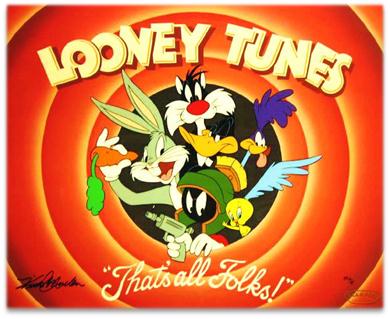A couple of weeks ago, I accepted a new job, so I’m leaving Microsoft. I thought I would share the email I sent to my team.
Hello friends and colleagues,
As a few of you already know, the end of this month will bring to a close my six year adventure with WLDC and Microsoft. It’s been an amazing experience having had the privilege to work every day with so many intelligent, dedicated and professional people, all stretching themselves to make great software used by many millions of people. And that’s going to be a tough act to follow.

Over the time I’ve been here, I’ve worked on everything from “friends and family invitations” and cobranding in Messenger in Wave 3, to securing authentication tokens and searching for contacts on Exchange servers in Wave 5. The DC team has grown enormously as an organization in that time, and it’s been a privilege to be a part of that growth.
Before joining Microsoft in 2006, I spent 10 years working in small teams that were blazing new trails — first in music and film production, and then in personal web publishing. While those products are long gone, the markets they were a part of are still alive and well on the Web today. In some ways, my next adventure is a return to that type of work.
In July I’m starting with HDS here in Redmond, building systems to help manage the enormous volume of data that’s moving into the cloud. It’s hard to imagine today, but when I started my tech career as a test engineer, a really big hard disk held 4GB of data and cost around $1000, and the Web was still booting up. The entire company I worked for then had less storage capacity than some of us now carry with us in our laptops. When I started at Microsoft, Vista hadn’t shipped yet, Nokia, Palm and RIM were the mobile computing kings, there was no iPhone, no Android, and no Kindle, and tablet computing required a stylus.
It’s a new world with new challenges, and while I’m sad to be leaving, I’m excited to start the next chapter.
Please stay in touch! (Just don’t ask me to help fix the config server
)
Heartfelt thanks to everyone!
Best,
-Jake

2 Comments